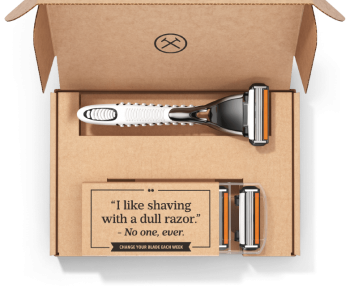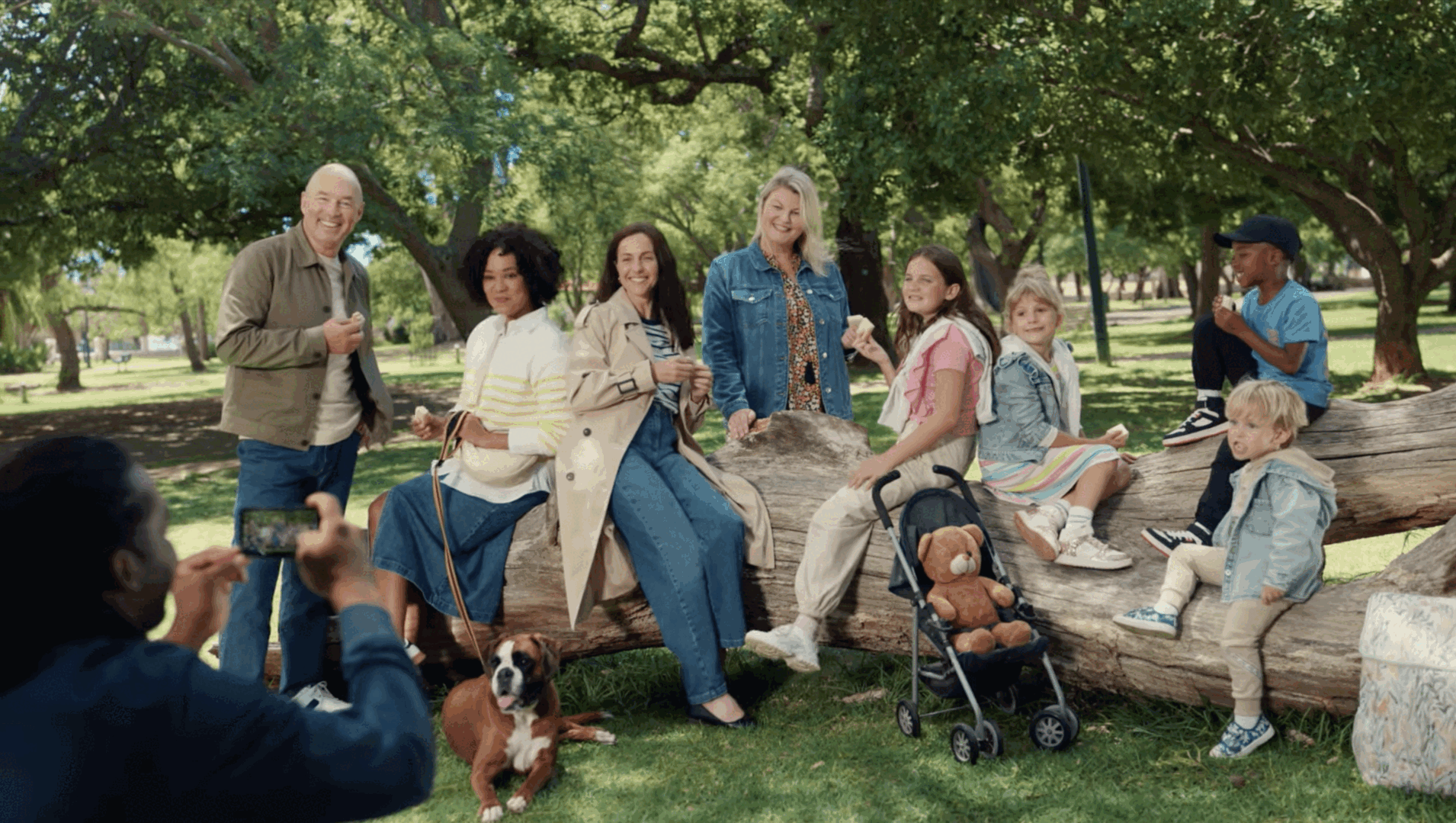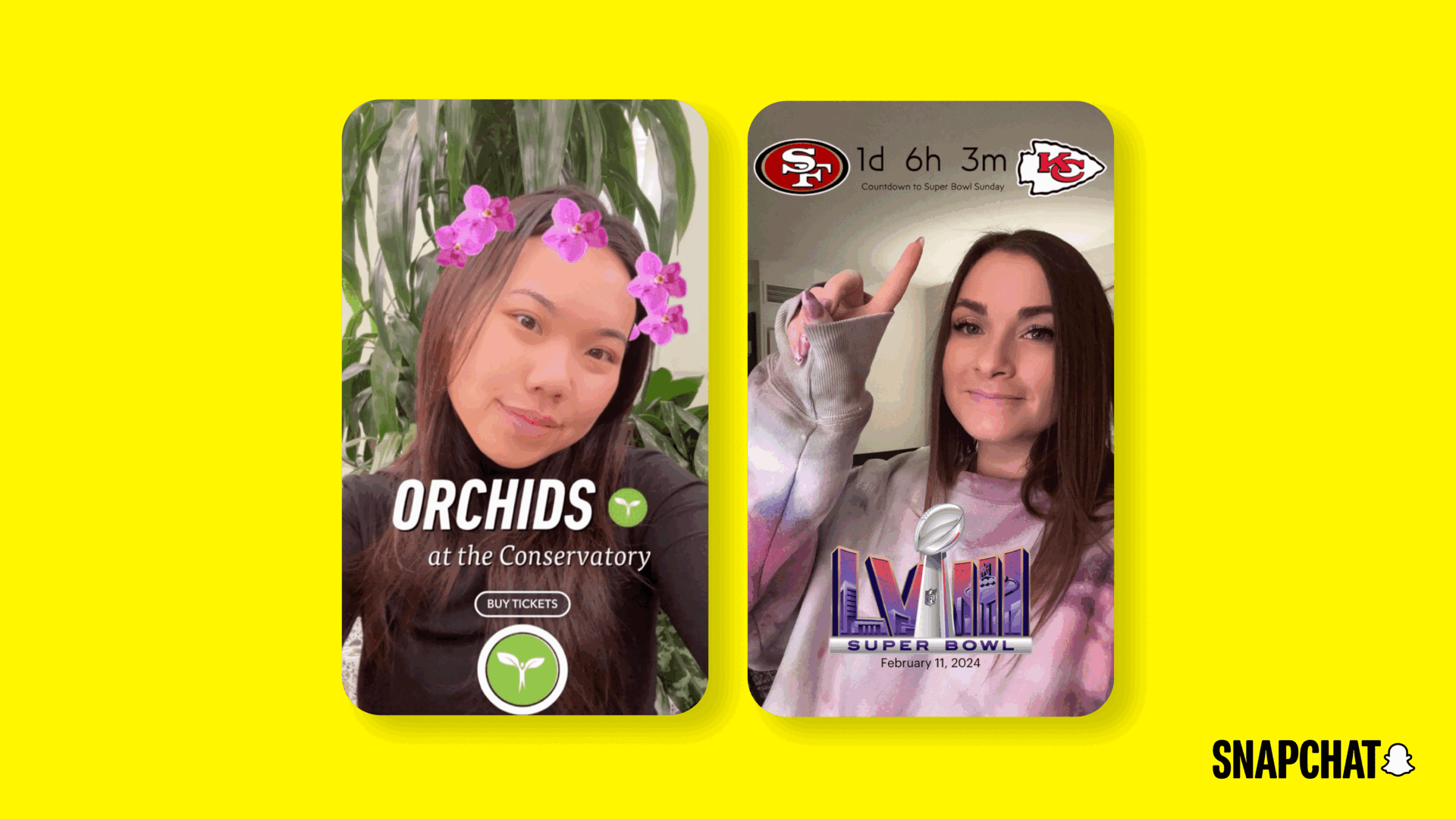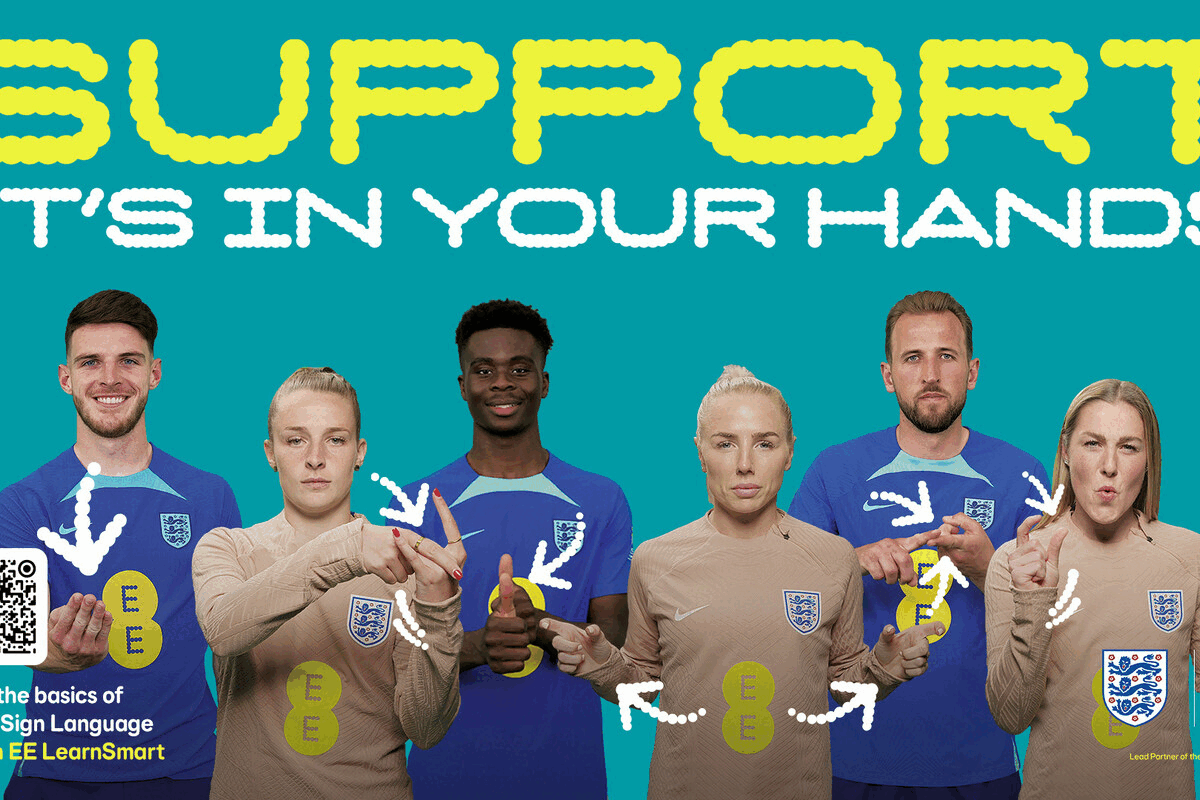Brands Looking to Go Direct, says Warc
- Wednesday, February 1st, 2017
- Share this article:

Consumer goods brands are increasingly looking at direct-to-consumer (DTC) opportunities, according to the latest research from Warc, the global marketing intelligence service.
The research suggests that cutting out or minimising the retail middleman allows brands that previously had no direct relationship with their customers to develop one.
The DTC phenomenon is one of six key trends featured in Warcs Toolkit 2017. In the annual report, produced in association with Deloitte Digital, Warc says that mobile is central to the DTC experience, as it reduces the number of steps between browsing and buying. Apps including Uber and Airbnb have been at the forefront of integrated commerce, said Warc, a trend that many in the payments industry refer to as the Uberisation of payments. In the case of Uber, the mobile app turns many would-be cash or card transactions into automatic digital payments. Apps such as these have introduced many first-time mobile payment users to the concept of mobile-enabled commerce.
The report also notes that China has become a DTC leader, in part due to WeChat. The rise of the messaging app, which has 600 million users in China alone, has created new opportunities for DTC, since it is focused on connecting people with businesses, and is moving from social communication to payment, utility, commerce, and service. Shoppers can browse and buy seamlessly from the app itself additionally leading to an increase in online conversions.
Warc also believes that DTC will be important in emerging markets where product availability is limited, especially outside of urban areas.
Subscription services are also important to the DTC trend, Warc says, noting that the success of innovative subscription brands, particularly among younger age groups, has disrupted some industries and challenged established business models. Dollar Shave Club, a US-based online brand, sends high quality razors directly to subscribers homes for a monthly fee. In 2016, Unilever purchased the company for $1bn (£790m), giving Unilever a five per cent share of the US market. It also gained access to a new stream of customer data – a key benefit of DTC strategies over traditional retail.
The report also notes that brands are trialling purchase buttons, but that consumers have concerns. Connected buttons that can order an item directly, such as Amazons Dash service, are growing in popularity, with one study showing that 54 per cent of UK consumers would like to use smart shopping technology to order household supplies as well as food and drink, while 34 per cent would use it for beauty, healthcare and personal hygiene products. But consumers also expressed reservations, such as lack of control over purchases (54 per cent) and issues of security and data privacy (both 51 per cent).
“Low-cost start-ups have disrupted established business models with customer-centric online businesses,” said David Tiltman, head of content at Warc. “Innovative apps, buy buttons, subscription services and engaging branded social platforms have encouraged impulse purchases and trials with seamless transactions and personalised experiences. The challenge for established brands is responding to these new models. The coming year is likely to be an area of considerable experimentation.”
















